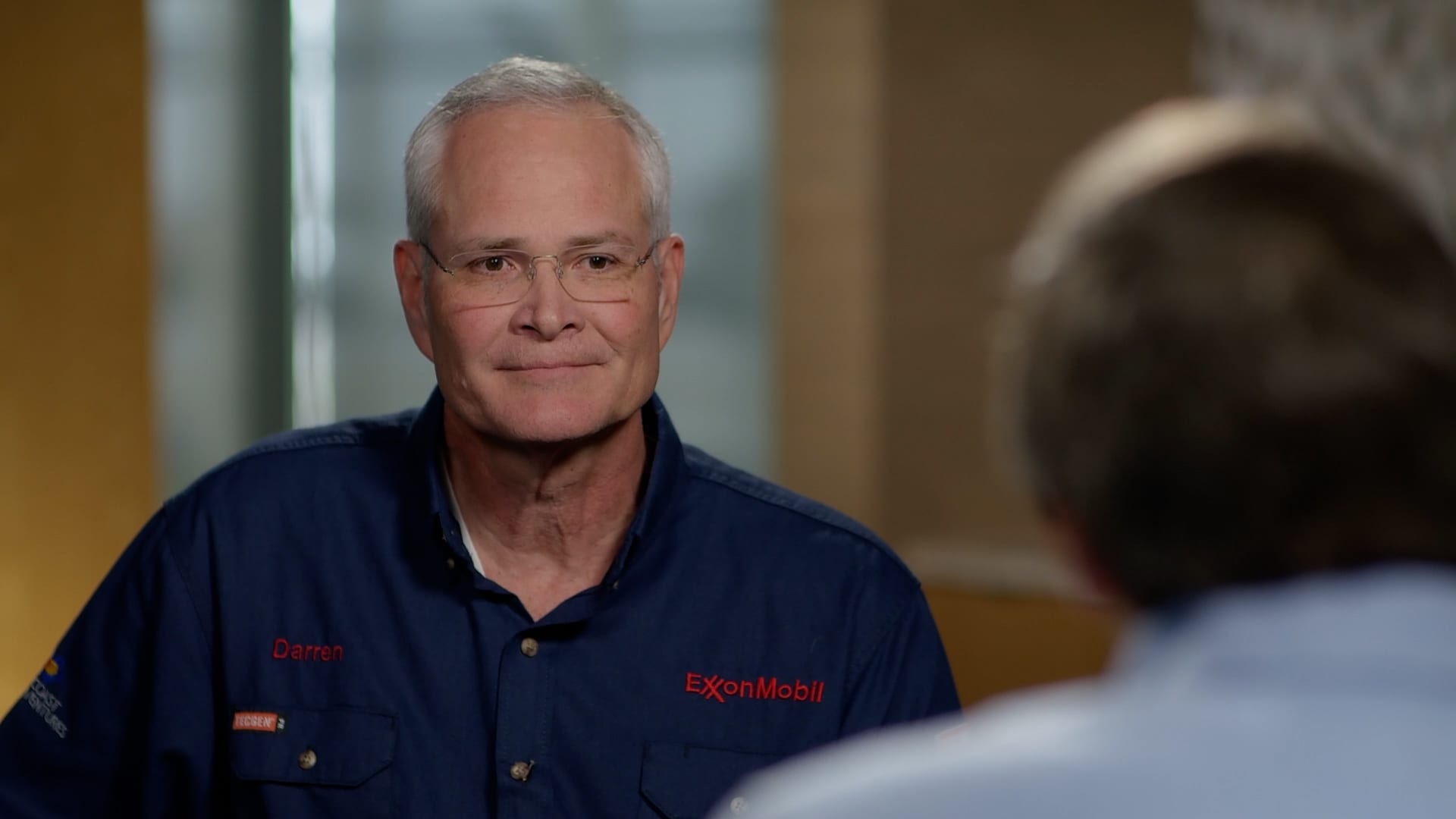In a recent interview with CNBC, Mobil CEO Darran Woods talked about the company’s climate ambitions. He also stated that every new passenger car sold in the world will be electric by 2040. Mobil is the world’s 5th largest historical polluter, which has been pushing climate denial for half a century. Now the statements put a flashy coat of paint over the organization.

It was a 35-minute-long video, and an hour-long interview previously conducted. The discussion was mostly on climate change and how Exxon could focus on carbon capture and storage desires. It appears reasonable and candid at first glance. Also, Woods does not deny the reality of the need for climate change, carbon reduction, and also higher global carbon prices. He recognises that electric cars are coming. However, in the view of Exxon’s history, the interview seems like a wolf in sheep’s clothing, according to Electrek.
Electrification
He seems to think that sales of new gas-powered passenger vehicles will end in 2040 globally – before even many governments do. Some governments have set a target earlier than that – for example 2035 in California and Europe (some European countries will go even earlier), 2030(-ish) in Washington, and the gold-standard 2025 in Norway. But there are others that have either set no target or which have set later targets, like China and Japan’s 2035 targets that still allow gas cars, and the US which currently has no target but the earliest nationwide proposal is for 2045.
Exxon is a big outlier here and is predicting a much earlier end to gas vehicles than most other groups. Though Woods still claims this isn’t a threat to Exxon’s business. He says that even if all new cars were electric by 2040, that would only drop oil demand back down to 2013-2014 levels by Exxon’s calculations. Since the company was profitable then, he sees a future where it can remain profitable even with that level of demand. A much larger part of the interview is devoted to Exxon’s plans for carbon capture, which it is clear that Woods sees as a potential future revenue stream that Exxon can leverage.
He claims that Exxon is responsible for more direct air capture than any other company in the world, and thinks that Exxon can be a leader in carbon capture. Direct air capture is the idea that carbon can be taken directly out of the air and then sequestered in some way to make sure it stays out of the atmosphere. Environmentalists have questioned whether it is a valuable goal if it risks delaying climate action or simply works to serve oil industry profits. Currently, it is very costly, as Woods points out in the interview, stating that it is “too expensive” to consider right now.
Credits- Electrek












